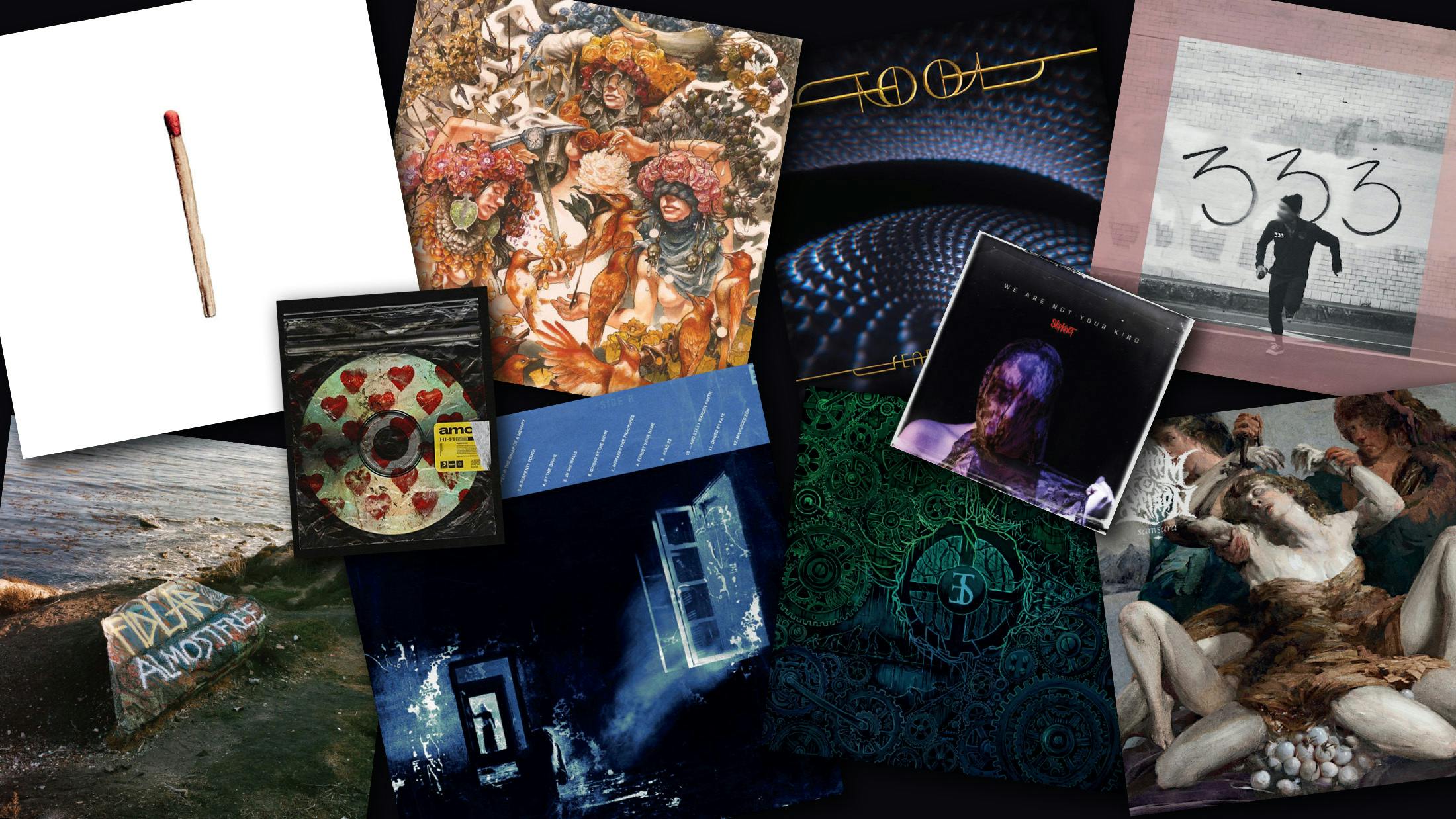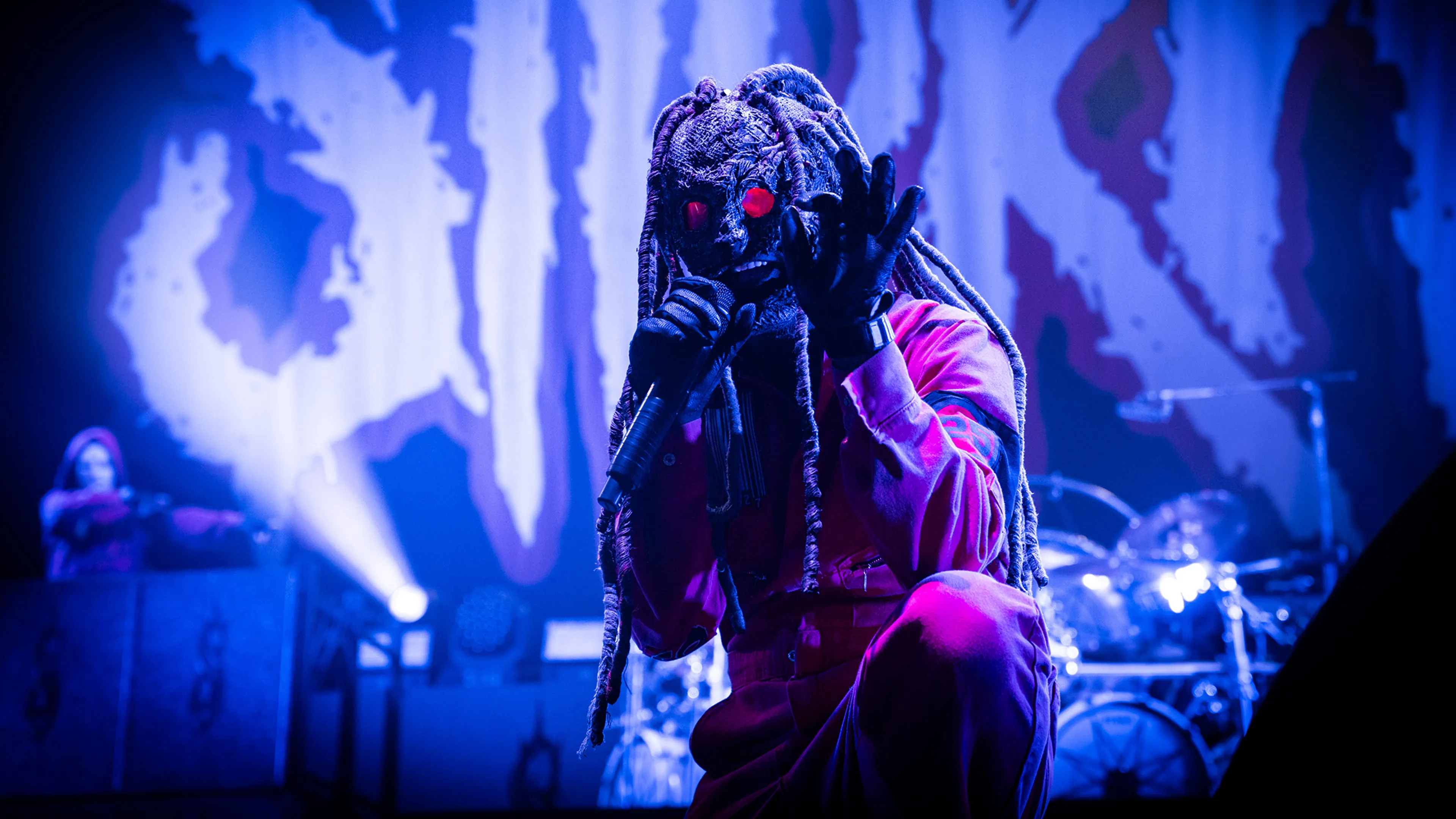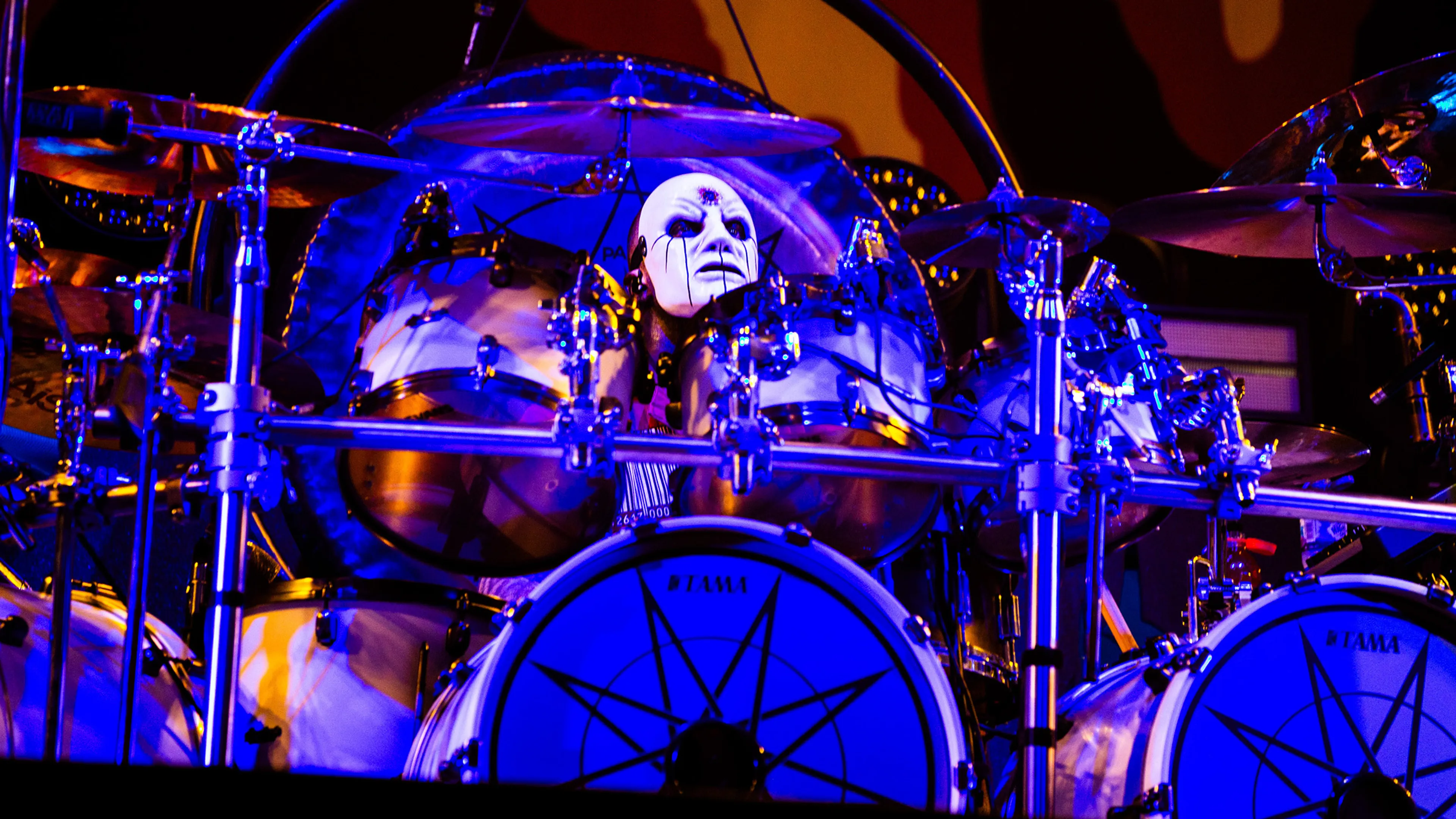Introspection has always been at the heart of Alcest’s dark, soulful blackgaze. As of late, however – on 2016’s Kodama, in particular – the French duo have grown more open and dextrous in incorporating the most personal depths of feeling into their fathomless sound.
Still, Spiritual Instinct, the band’s aptly-titled sixth album, unfolds as an unprecedented gaze into the psyche of frontman Stéphane ‘Neige’ Paut. “This time I had something urgent to put on the table,” he explained to Kerrang!. “It is a very cathartic record – something I needed to get out of me.”
Neige’s childhood visions of alternative, heavenly planes have always provided the ambient blueprint for Alcest’s sound, but here that imagery has increased in potency by being refracted through the feelings of alienation that come with skirting genre boundaries. Their music remains too beauteous for the black metal scene, yet too tenebrous to really fit in with the shoegaze set, and this is a darkness all of Neige’s own. ‘Je me débats / Je me débats, contre les ombres,’ he begs on Protection. ‘I’m struggling / I’m struggling against the shadows.’
Across a magnificent six-song arc, Spiritual Instinct delivers both reckoning and something like resolution. The serrated black metal edge is allowed to re-emerge on tracks like Les Jardins De Minuit (The Midnight Gardens), but – particularly from pivotal epic L’Île Des Morts (Isle Of The Dead) – it is married to an uplifting sense of light on the horizon. At other times, like on Sapphire, there are even gothic textures at play, with deep echoes of The Cure, whose frontman Robert Smith personally selected the band to play at Meltdown festival last year.
Alcest understand that there is beauty in duality, and in the refusal to simply fit in. Much like the sphinx on the artwork, Spiritual Instinct was a timeless exploration of opposites set to music; of the heavenly and the primal, the savage and the beautiful – and the ultimate mysteries of human experience.








